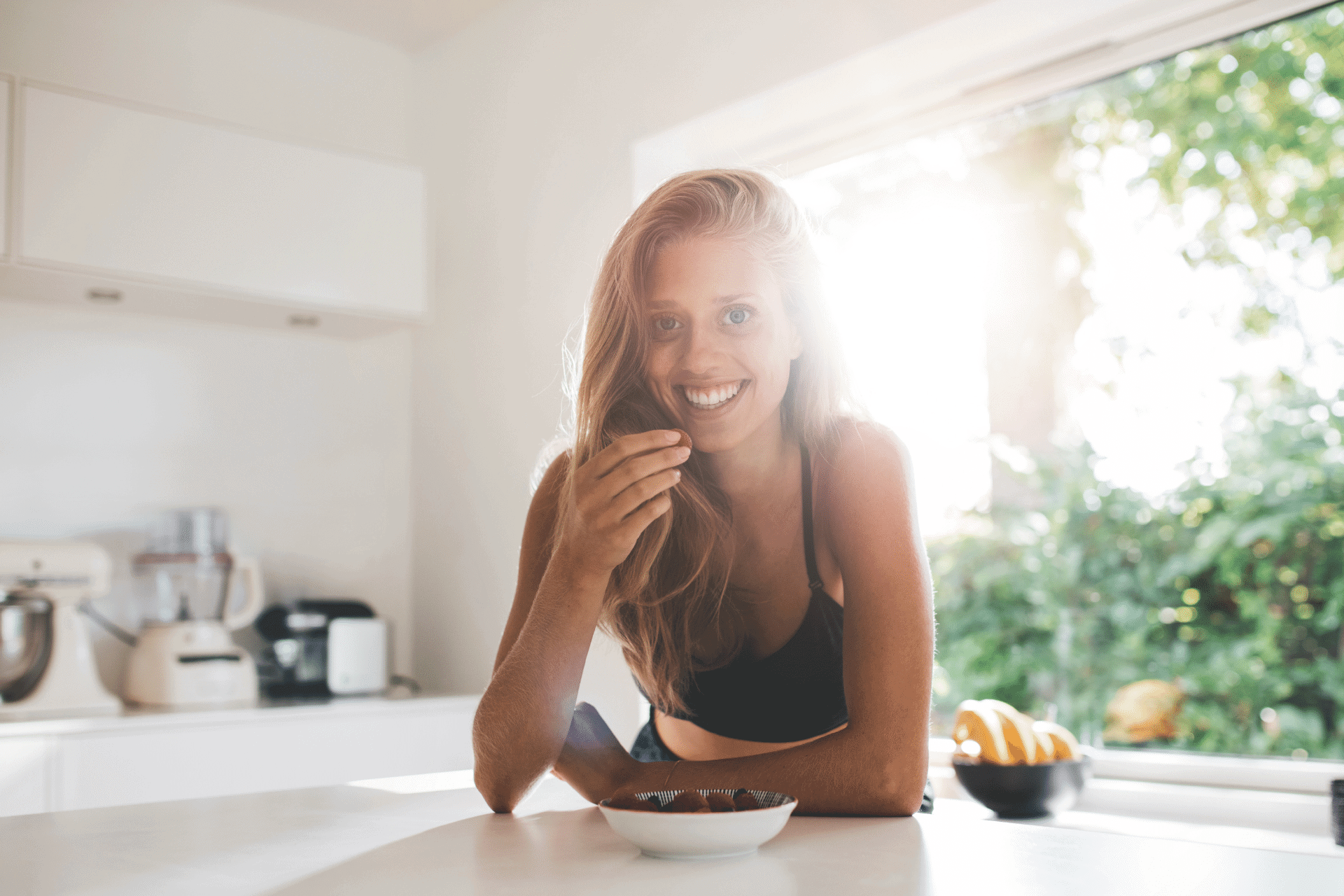As people become more aware of the health benefits of eating plenty of fruits and vegetables, there is a growing global trend towards plant-based diets. In the past, identifying as vegan or vegetarian was viewed as extreme or unusual, but now all that is changing as it becomes more popular and mainstream. Australia is the third fastest growing vegan market in the world, and it seems this global shift could be here to stay.
A plant-based diet is one that features mostly plants and centres on whole plant foods such as vegetables, fruits, whole grains, legumes, mushrooms, nuts, seeds, herbs, and spices. Being ‘plant-based’ takes away the ‘all or nothing’ thinking and potential stigma that people can associate with a vegan diet. With more healthy options available than ever before, it seems plant-based eating could be the way forward, not only for your health but the environment too.
Why Plant-Based?
A plant-based diet has been shown to prevent and reverse both heart disease and Type 2 diabetes. Plant based eating has also been associated with improved weight management, reduced mortality and lowered risk of certain cancers. In addition, it is also linked to an improvement in heart disease, cholesterol and blood pressure markers.
There are few challenges to face when you are starting out, so here are 6 simple strategies to help you transition to a wholefood, plant-based diet.
Look at adding foods in, not subtracting
Don’t be quick to cut out whole food groups (and therefore nutrients). Instead, look at each meal as an opportunity to get in the nutrients you need. Start by ensuring you are getting 5 serves of veggies between lunch and dinner, which looks like 1-2 cups of salad or veg per meal. Once you’re eating this amount, it becomes harder to fill up on other less nutritious foods.
Start slow
Everyone loves a quick fix, but plant-based means ‘basing’ your meals around plants – it’s not strict, and you don’t have to be perfect on the first day! Start by finding one or two delicious vegetarian meals that you enjoy and rotate them through your weeknights. Once you’ve mastered these, start to prep some plant-based lunch options and snacks and you will be well on your way!
Reduce processed foods
Nothing good comes from processed foods, other than convenience. Reducing processed foods in your diet makes way for wholefoods – often centred around vegetables, fruits and grains. The old saying, shop around the edges of the supermarket really does hold true – keep away from those centre aisles with pre-packaged and processed foods!
Be mindful of protein throughout your day
As you start to change your diet, you will no doubt be asked “But where will you get your protein?” People will be seriously concerned about your protein intake! The short answer: it is simple to get enough. By including a small amount of protein from a variety of sources at each meal and it really is easy. Think hummus and crackers for a snack, adding beans to your pasta and throw some nuts and seed into your salad. Add some Bindi Protein to your morning smoothie and you will consume a wide range of protein throughout your day, and plenty of it.
Plan your day out
When you are trying to change your eating habits, it helps to have a plan. Start by planning your breakfast the night before, so when you’re in a rush after training you have a healthy meal ready which includes protein and carbs (try some Overnight Oats). Spend time prepping a couple of dishes on a Sunday ready for the week ahead (think a Veggie Curry, or Veg Chilli beans plus some roast veg and prepped greens). Having nutritious snacks at the ready makes all the difference too – try hummus plus veggie sticks or a protein ball for something sweeter.
Be flexible
Not every meal is going to be perfect, especially when you are eating out. If you can be flexible around your eating it will be easier to maintain it as a long-term lifestyle. There may not be a good veggie option on the menu, but a starter bruschetta plus a salad might just do the trick. Get creative and know that even if one day doesn’t do to plan, you can get back on track at the very next meal!
We know that appropriately planned vegetarian, including vegan, diets are healthful, nutritionally adequate and appropriate for all stages of life and for athletes. It’s a matter of finding a balance that works for you and your lifestyle, to get the most nutrition you possibly can from your diet!
